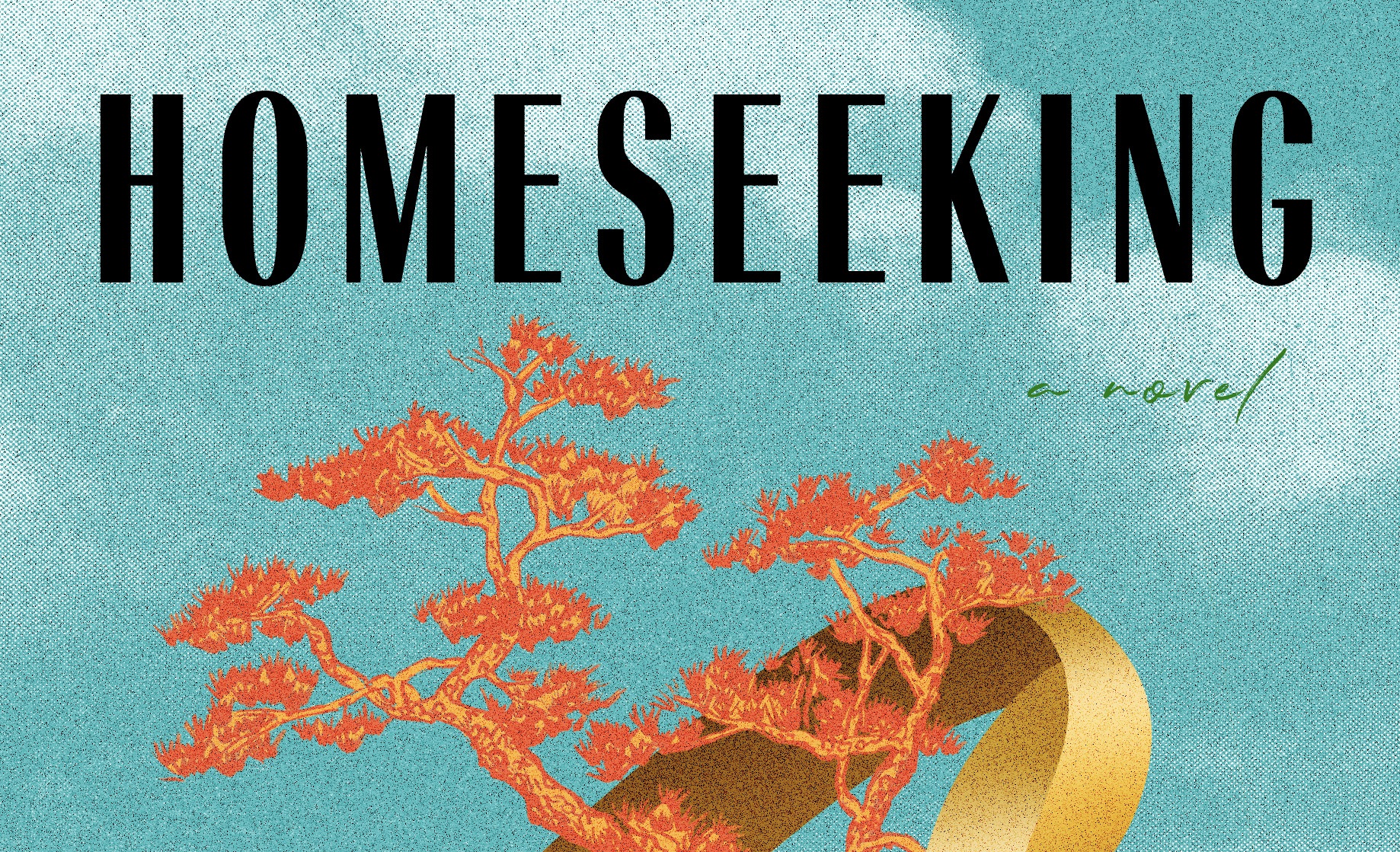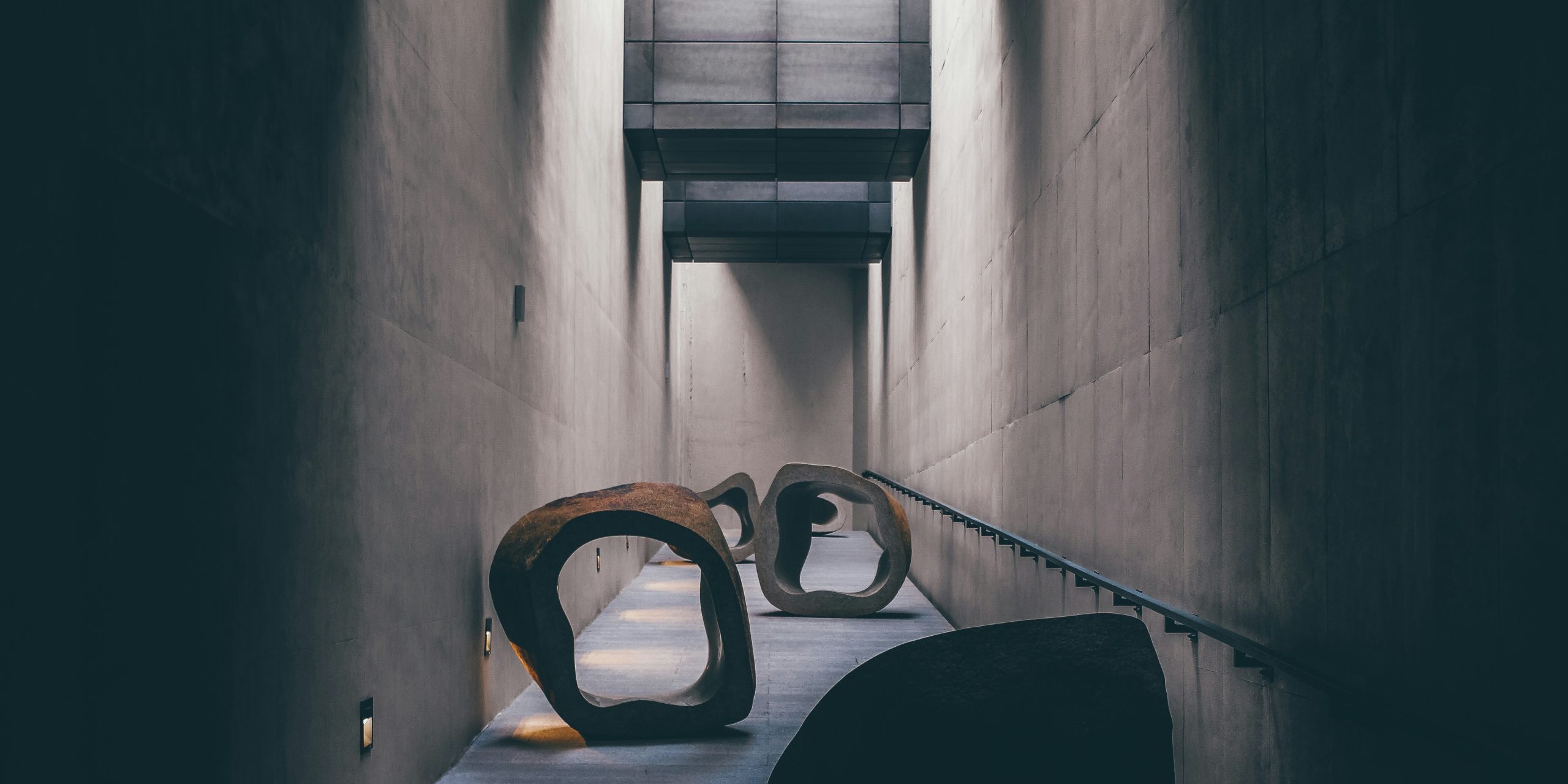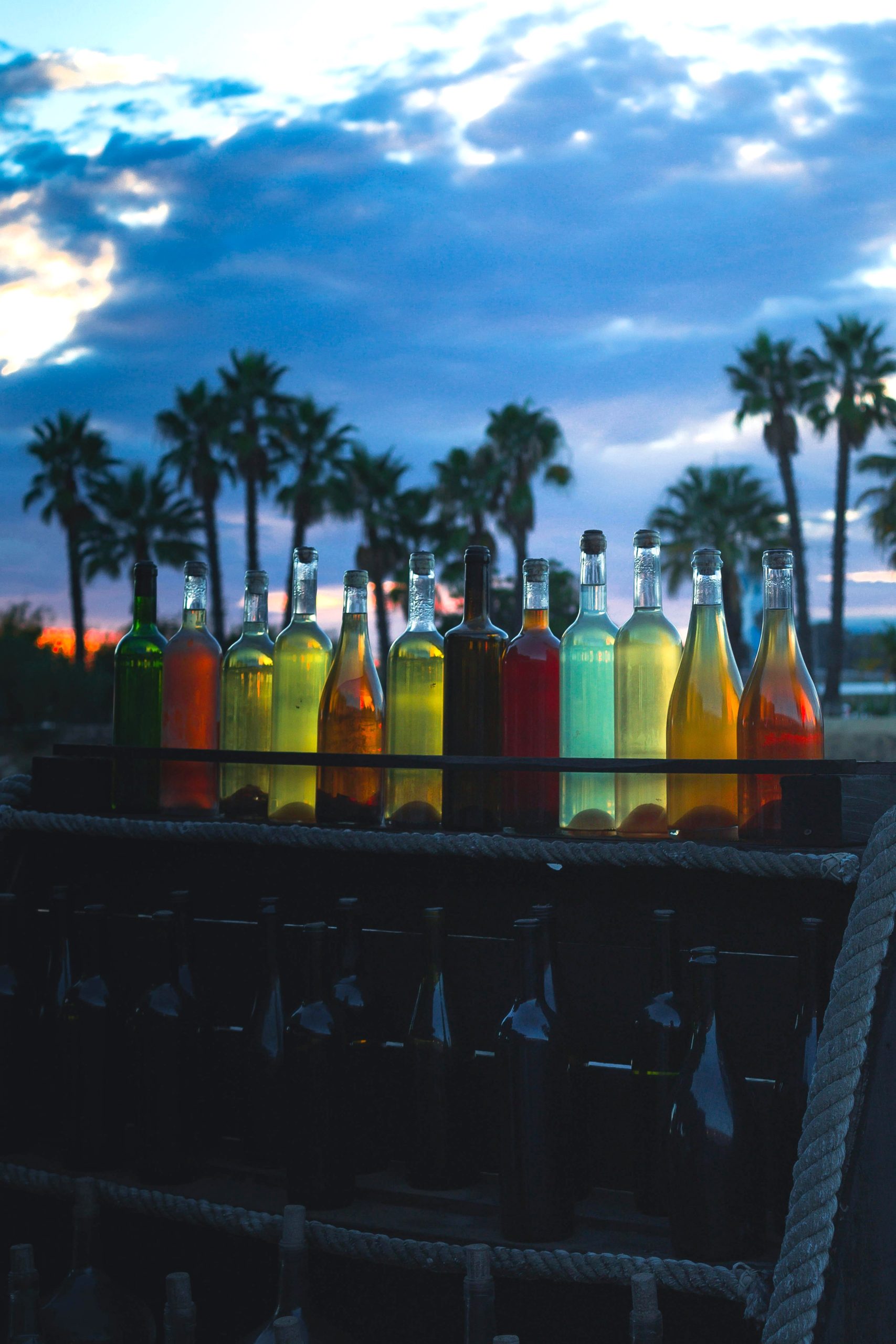okey-panky
“This is not what we expected” — New Short Story by Su-Yee Lin

“This is not what we expected” — New Short Story by Su-Yee Lin
FICTION: Westward, Ever Westward
We are standing on the beach. We are waving our hands as if to say Help! or Goodbye! but we are not sure which. There is fine black and yellow and white sand squishing into our toenails and the sun is bright enough that we wish we had brought shades. This island that we’re on is not the most comfortable island in the world but we have lived here our whole lives, our parents and our parents’ parents have lived here their whole lives, and we are not about to leave. Not even now that the island has tugged free of its base and started to float away, westward, westward.
It is an uncomfortable day. The sun is too bright and the wind is blowing something fierce. They are blowing down the trees. Cynthia and Robert and Hank and Cecilia are not too happy about this. These are not their real names. We are not happy about it as well. We are getting burnt and we feel itchy and we do not like this. But we have to stay out here as the edges of the horizon fade so that we can tell our children and our grandchildren that we were there, are here. Little Evie starts to cry. That is not her real name but her crying is real. We shush her. We tell her: This is the start of something new.
It is later when we find out that although we do have electricity, we do not have cell phone reception. Or cable. This is not what we expected. We thought things would stay the same if we allowed our island to float away but already, things are changing. We spend our days chatting with each other and visiting. We have all changed our names to something we feel is closer to our nature. We have lost track of the days but we believe that the distance between us and them is now more than two hours. Bob pretends that he knows, that he is keeping track because he used to be an engineer. We don’t really need engineers here so instead, he tells us facts and occasionally tries to build things. Like hammocks. And fishing poles. We already have fishing poles so we don’t understand why he would try building one. We are constantly surprised by what we can do. Some people have decided that they will fish. Others have decided they will garden. Others have discovered a knack for fixing machinery and making car parts out of what we have on the island. Others entertain the children and teach them how to count and say the alphabet. But sometimes their alphabets are confused and we find our children counting on their fingers in ways that are not like the way we count on our fingers. We hold parties for their birthdays and they are good parties with plenty of fruit and some fish. We do not eat much meat other than fish because we went a little overboard early on and there are now very few animals on the island. But the birds are beautiful and they sing all day long.
In the beginning when our island first floated away, we kept a lookout for other sights of land. We had been on the western edge of the world and all we knew was that we were floating further and further away from the rest of mankind. On maps, nothing past our island. We decided to draw our own maps, to label newly found countries and continents. But days then weeks then months then years went by and every day, the unchanging ocean. We understood then, why no one had ever charted the territory. There was simply nothing here but miles and miles of ocean. We could barely even tell that we were moving; we became so habituated with the rolling of the waves below us, with the lull of water.
When the first of us died, we rolled them up in cloth, the way we heard sailors did, and put them out to sea. That’s when we began to write down our stories of the mainland, now years more than two hours away. We each remembered different things. One of us remembered the crisp sweet crunch of apples in the fall. Another remembered the way it felt to be pressed together like a grilled cheese sandwich in the subway. Keller or maybe Connor remembered the way red sand crumbled between his fingers in the desert and the giant arches of stone. Patty remembered heavy metal music and the crush of sweaty bodies at a concert. Joe remembered cool stone and libraries below ground. The green mild flesh of avocado and the tartness of kiwi. The smell of something other than the sea breeze. The sound of ten thousand people rather than one thousand. We remembered volcanoes and waterfalls, the force of an airplane engine. We remembered so much that we weren’t sure whether what we remembered were actually real or from dreams or books. We no longer looked to the ocean for a glimpse of land.
Years and years passed and the ones of us that remembered the mainland slowly faded away, first minds then bodies. We rarely looked to the ocean unless it was to fish. And one by one, we wrapped bodies in cloth and dropped them over the steepest side of our island, where there was no beach but rock jutting out over water, the east side.
When we did see the hazy outline of something in the distance, we thought, Oh, that must be a whale, I’ve heard of those. We pictured whales as giant fish with happy smiles, small dots for eyes, smooth as a cartoon. The darkness on the horizon stayed still and we ignored it, saying, That’s just the whale. It won’t do anything. And we continued on with our days as the darkness grew larger and larger until we were close enough to see, with binoculars, that it was no whale.
It was gray rock and trees that we had never seen before. Brown sand and bright birds. This was all we could tell with our binoculars as we traveled parallel to it, our island still heading westward. And people. We could see strange houses made of what must be red brick and tile, so different from the ones we had. Our island traveled closer and closer to it until it was only a quick boat ride away, not even an hour. Through our binoculars, we saw others waving and pointing our way the same way we waved and pointed towards them. We named them in our heads with our names, we watched them watching us and as we passed by, all we knew to do was stand and watch as the island took us further and further away.








